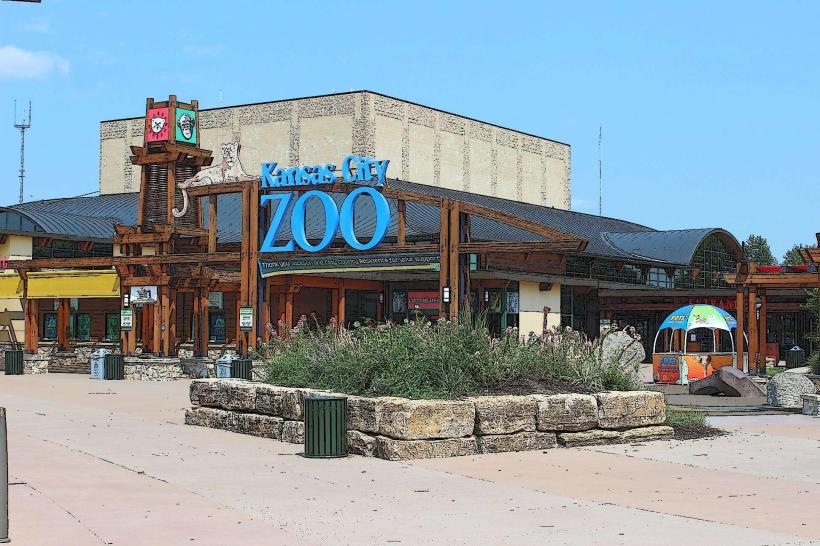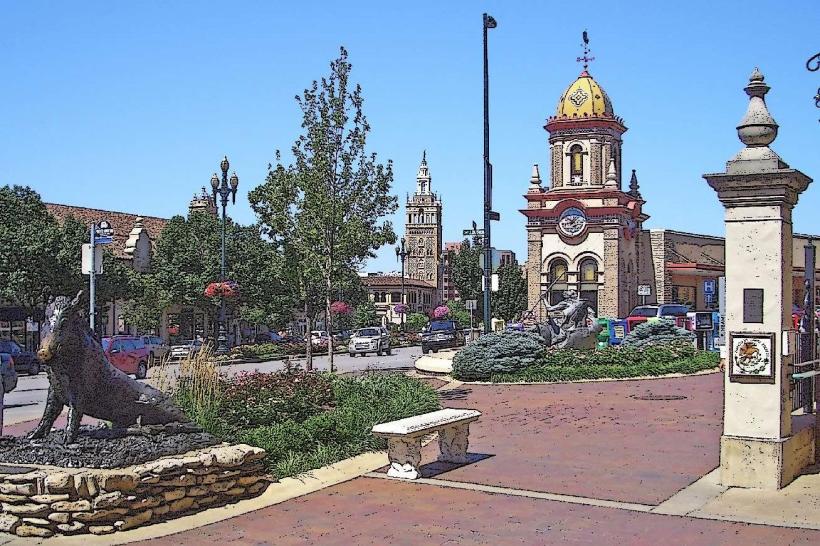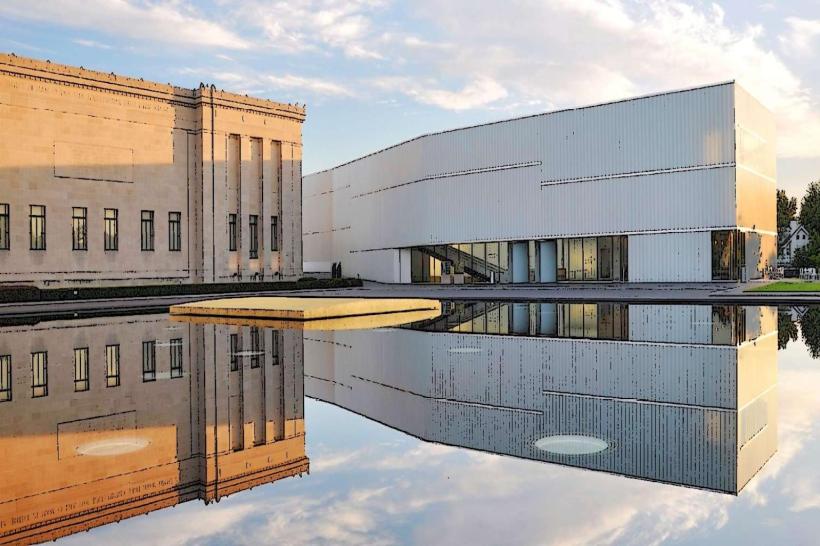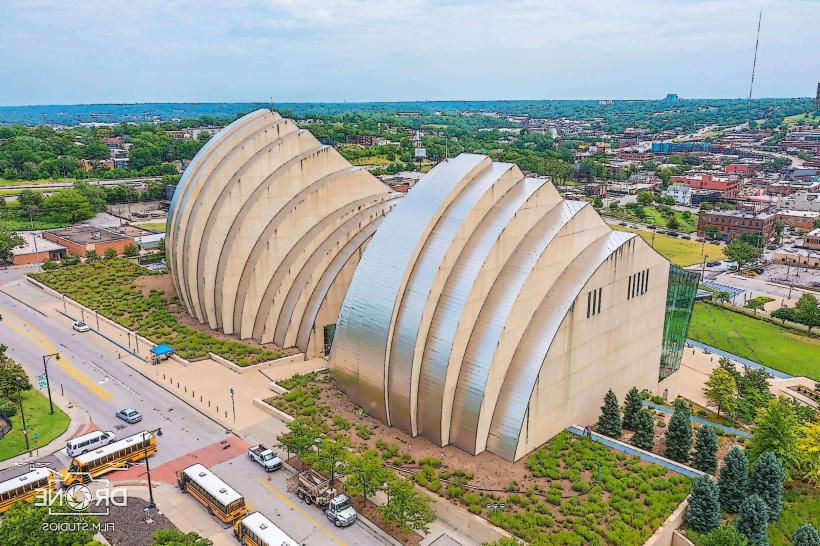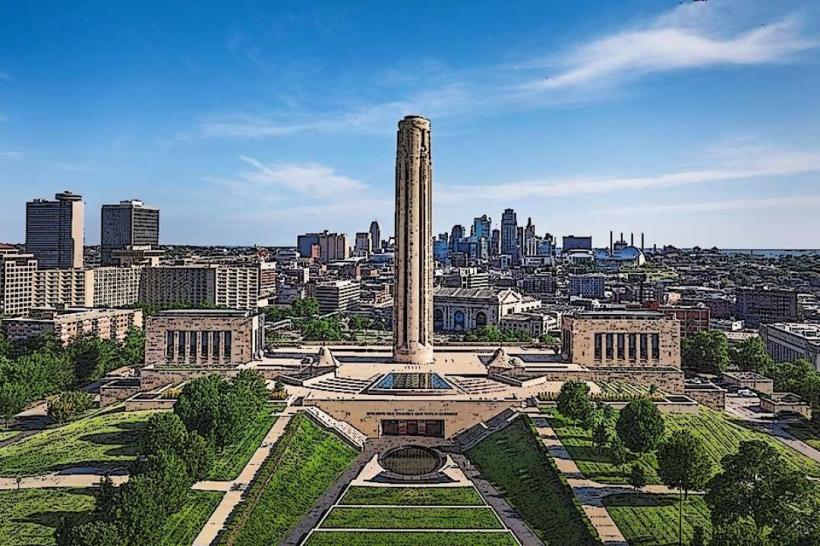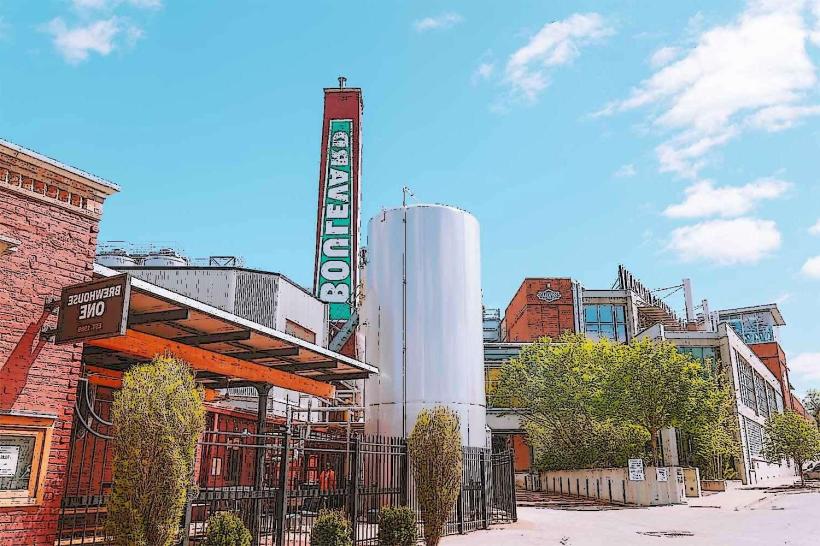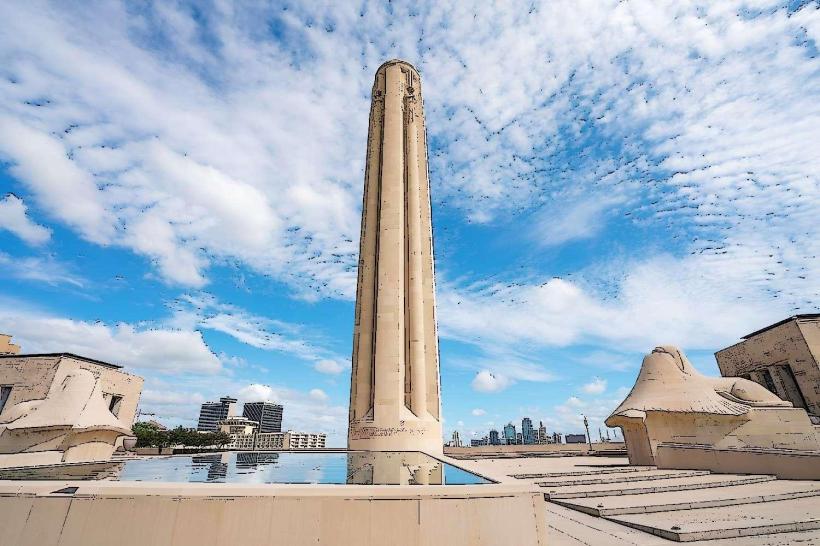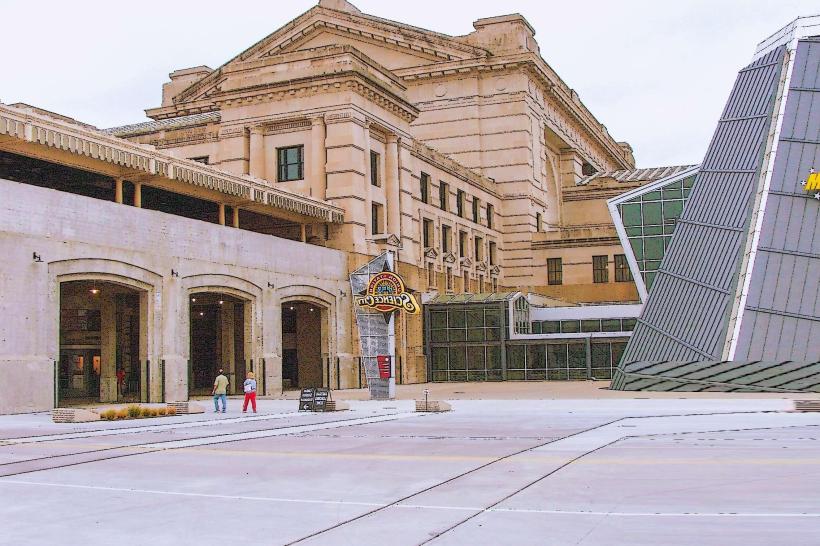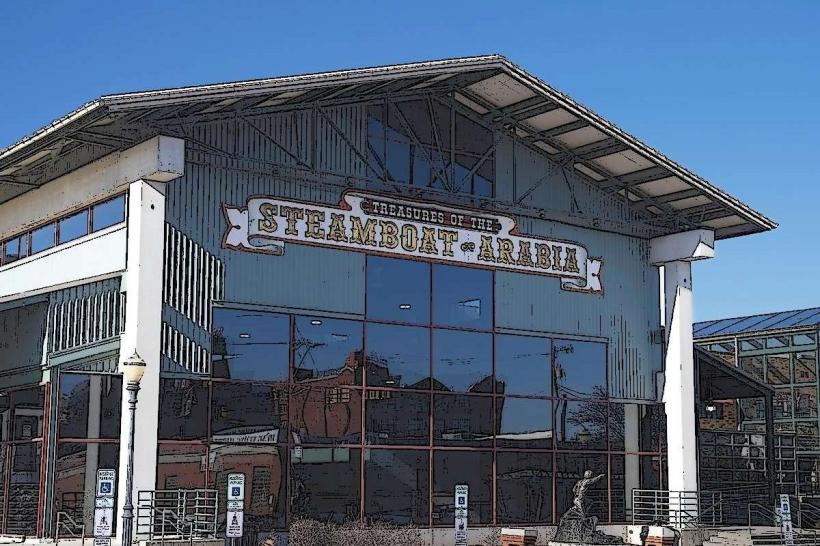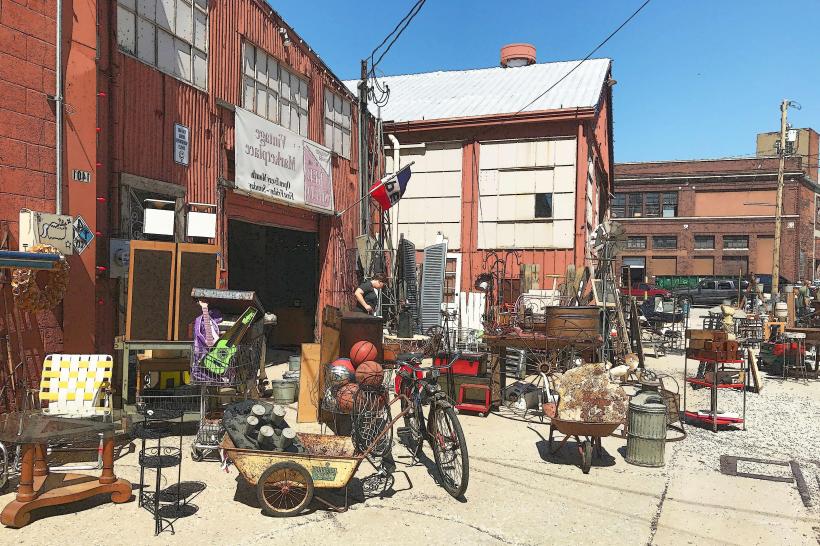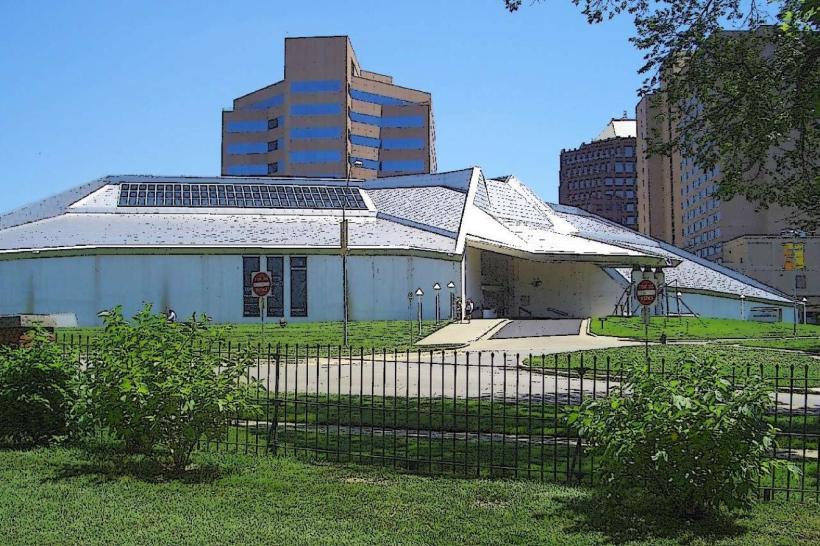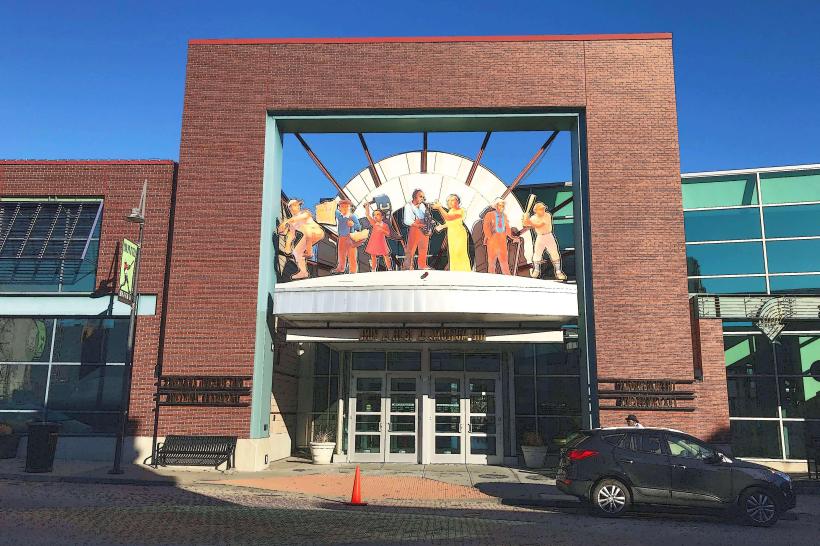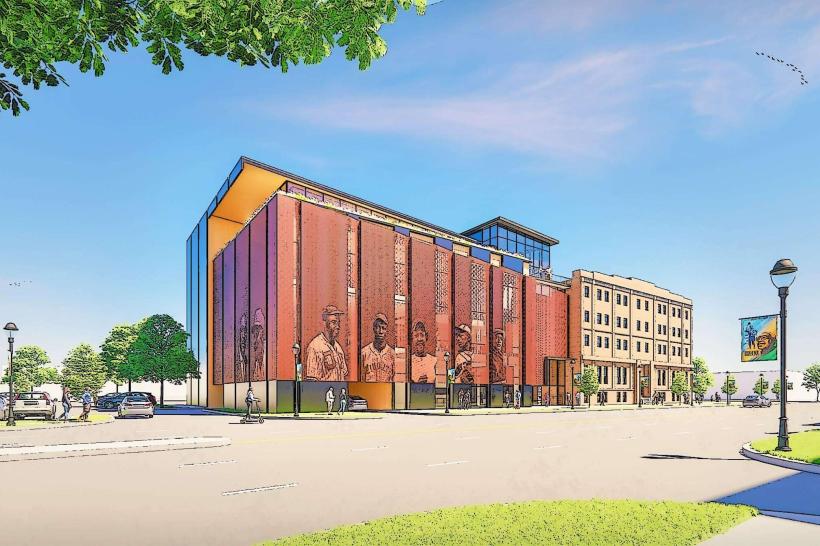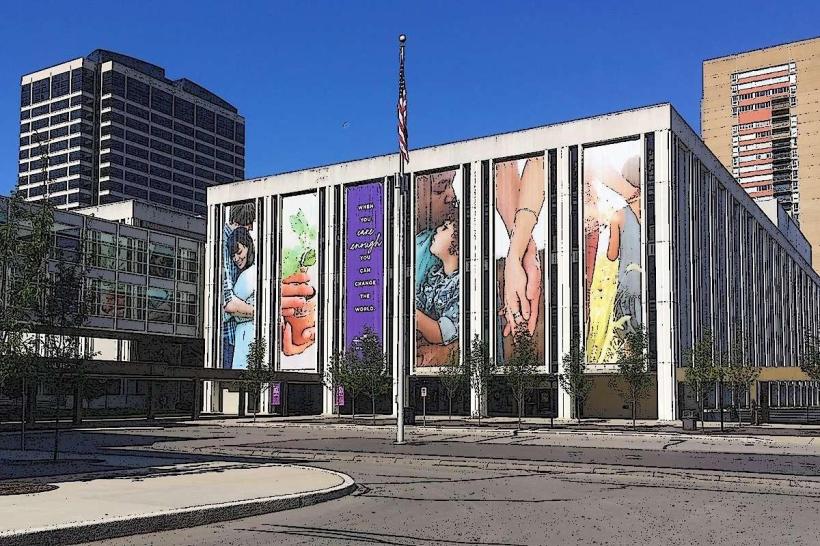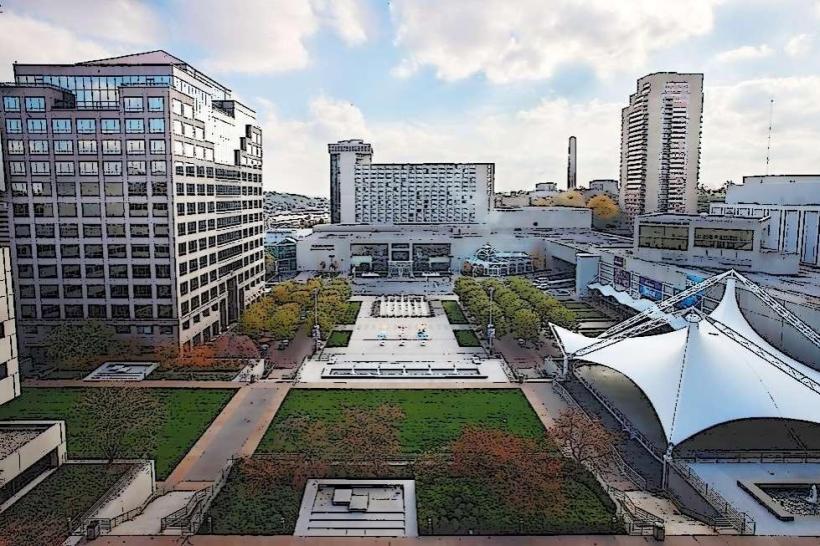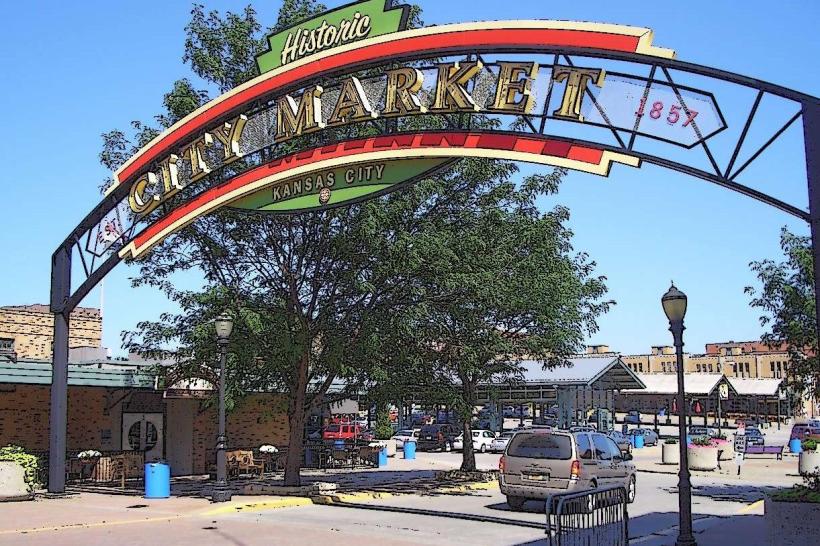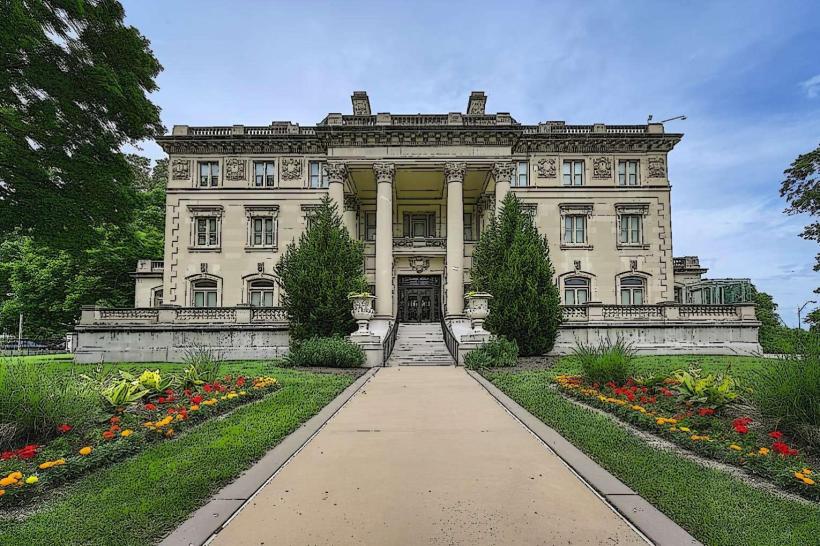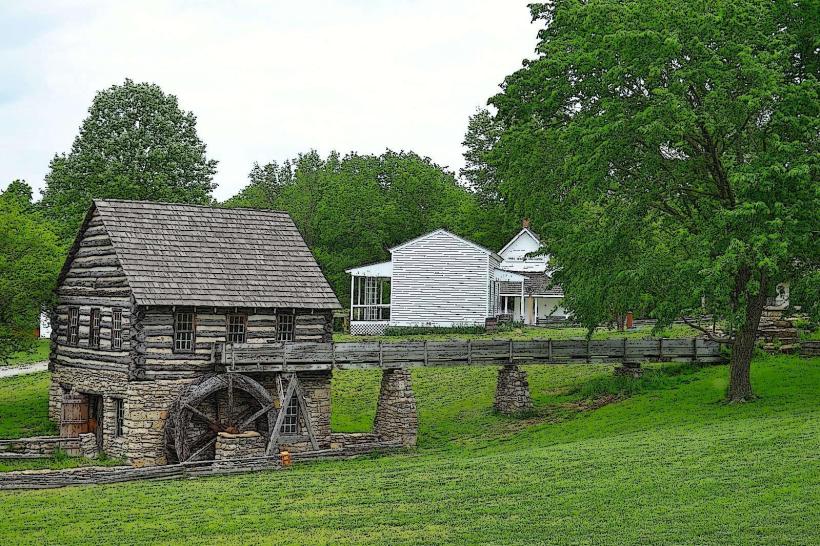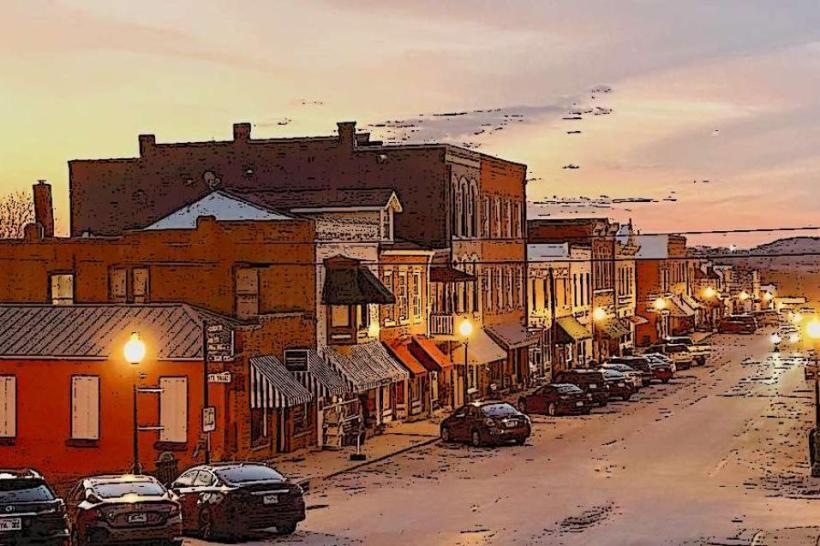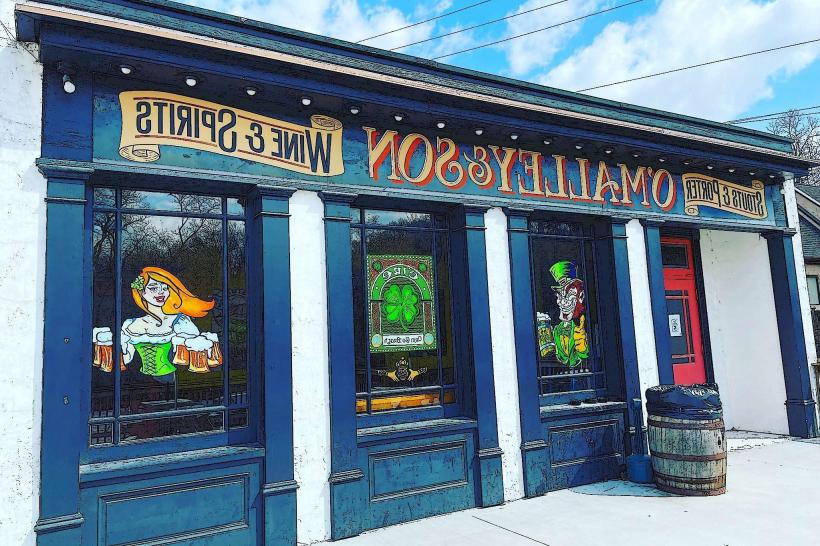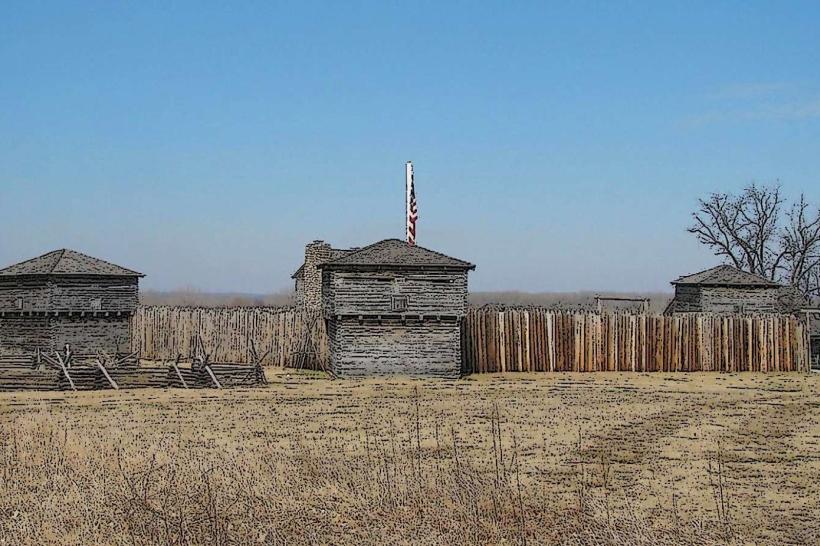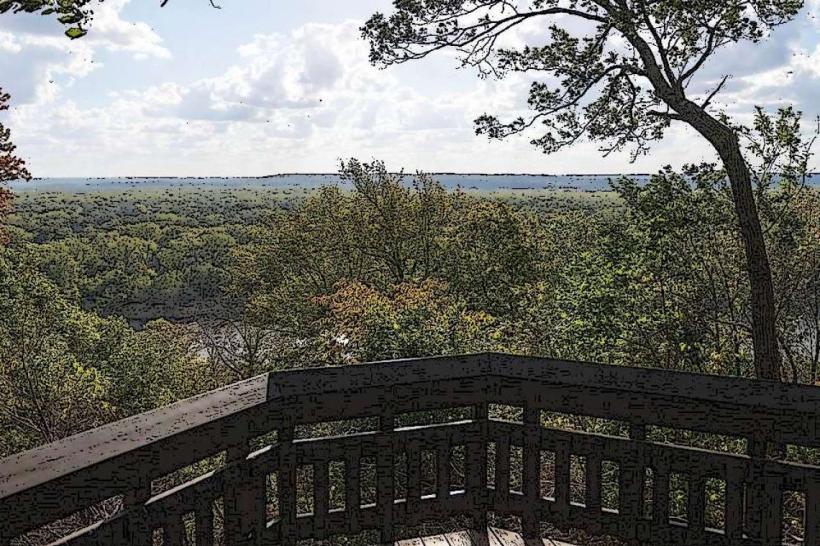Information
Landmark: Jesse James Bank MuseumCity: Kansas City
Country: USA Missouri
Continent: North America
Jesse James Bank Museum, Kansas City, USA Missouri, North America
Crocker Field is a multi-purpose stadium located in Fitchburg, Massachusetts.
It serves as the home venue for Fitchburg High School's athletic teams and hosts various community events.
Visual Characteristics
The stadium features a natural grass playing field surrounded by a running track. Spectator seating is primarily composed of elevated bleachers constructed from metal and concrete, with a capacity of approximately 5,000. The main structure is a single-story press box and concession building situated on the west side of the field.
Location & Access Logistics
Crocker Field is situated at 700 John Fitch Highway, Fitchburg, MA 01420. It is approximately 1.5 miles (2.4 km) southwest of Fitchburg's city center. Access is directly from John Fitch Highway (Route 12). Ample on-site parking is available in designated lots adjacent to the stadium. Public transport options include the Montachusett Regional Transit Authority (MART) bus routes that service John Fitch Highway.
Historical & Ecological Origin
Crocker Field was constructed in 1938 as a Works Progress Administration (WPA) project. Its original purpose was to provide a dedicated athletic facility for Fitchburg High School and the local community. The site itself is a cleared and leveled area within a generally wooded and residential landscape.
Key Highlights & Activities
The primary activity at Crocker Field is athletic competition, including football, soccer, and track and field events. The running track is accessible for public use outside of scheduled events. Community events such as concerts and fairs are also held on the grounds.
Infrastructure & Amenities
Restrooms are available within the main building. Limited shaded areas are provided by the bleacher overhangs. Cell phone signal (4G/5G) is generally reliable within the stadium vicinity. Food vendors are typically present during scheduled sporting events and larger community gatherings.
Best Time to Visit
For photography, early morning or late afternoon light provides optimal illumination of the field and structures. The best months for outdoor activities are typically from April through October, avoiding the colder winter months. No specific tide requirements apply.
Facts & Legends
A notable historical detail is that Crocker Field was named in honor of Alvah Crocker, a prominent industrialist and former mayor of Fitchburg who played a significant role in the city's development during the 19th century.
Nearby Landmarks
- Fitchburg Art Museum (0.8km Northeast)
- Fitchburg Public Library (1.2km Northeast)
- Rollstone Boulder (1.8km North)
- Mount Wachusett Community College (3.5km Southwest)

